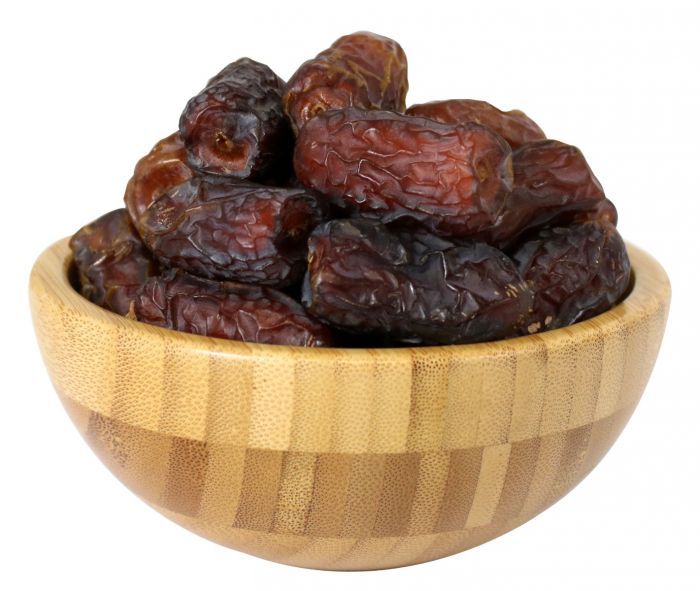The Key Markets for Malaysian Dates in the Middle East

The Thriving Trade of Malaysian Dates in the Middle East
Malaysian dates have established a strong presence in the Middle East, with a thriving trade that is fueled by cultural and economic ties. In this blog post, we will explore the key markets for the country’s dates in the Middle East, examining the trade dynamics, consumer preferences, and the opportunities and challenges faced by exporters. Join us as we delve into the world of its dates and their significant market presence in the Middle East.
1. The Cultural Connection: Malaysian Dates in Middle Eastern Traditions
Shared Cultural Heritage
Malaysia and the Middle East share cultural ties that date back centuries. These ties are reflected in the similar traditions and customs surrounding the consumption of dates. In both regions, dates hold great cultural significance and are often consumed during religious occasions, festive celebrations, and family gatherings.
Preferred Taste and Quality
The Asian country’s dates are highly regarded in the Middle East for their distinct taste and quality. The unique flavor profiles of these dates, characterized by their sweetness, softness, and juiciness, resonate with Middle Eastern consumers who appreciate the superior quality and taste experience offered by these dates.
2. Key Markets for Malaysian Dates in the Middle East
Saudi Arabia
Saudi Arabia stands as one of the primary markets for its dates in the Middle East. The country’s large population, strong purchasing power, and deep-rooted cultural traditions contribute to the high demand for the country’s dates. Saudi Arabia imports a significant quantity of dates from Malaysia, particularly during the holy month of Ramadan and the Eid al-Fitr celebrations.
United Arab Emirates
The United Arab Emirates (UAE) is another key market for Malaysian dates. The UAE’s multicultural society and its status as a global trade hub make it an ideal market for Malaysian exporters. The demand for its dates in the UAE is driven by the large expatriate population, who seek out familiar tastes and brands from their home country.
Qatar
Qatar is emerging as a promising market for the dates, with increasing imports in recent years. The country’s rapid economic growth, rising disposable incomes, and a growing appreciation for Malaysian products contribute to the expanding market for the country’s dates in Qatar.
3. Opportunities and Challenges for Exporters
Opportunities
The demand for Malaysian dates in the Middle East presents numerous opportunities for exporters. Its dates are well-regarded for their quality, taste, and affordability compared to some other date-producing regions. This competitive advantage allows Malaysian exporters to tap into the growing market, expand their customer base, and establish long-term partnerships with Middle Eastern distributors and retailers.
Challenges
Exporting its dates to the Middle East also comes with its share of challenges. The competition from other date-producing countries within the region, such as Saudi Arabia, Iran, and Egypt, poses a challenge for Malaysian exporters. Additionally, meeting the stringent quality and packaging requirements of Middle Eastern markets and navigating the complexities of trade regulations and logistics can be demanding for exporters.
Conclusion
The trade of Malaysian dates in the Middle East showcases the strong cultural and economic ties between Malaysia and the region. The shared cultural heritage, coupled with the preferred taste and quality of its dates, drives the demand in key markets such as Saudi Arabia, the UAE, and Qatar. While opportunities abound for exporters, challenges in terms of competition and meeting market requirements must also be navigated. The thriving trade of its dates in the Middle East is a testament to the success of these flavorful fruits in capturing the hearts and palates of Middle Eastern consumers.
Key Highlights
– Malaysian dates have a strong market presence in the Middle East due to cultural and economic ties.
– Saudi Arabia, the UAE, and Qatar are key markets for its dates.
– Opportunities for exporters include the demand for quality products and establishing partnerships.
– Challenges include competition from other date-producing countries and meeting market requirements.